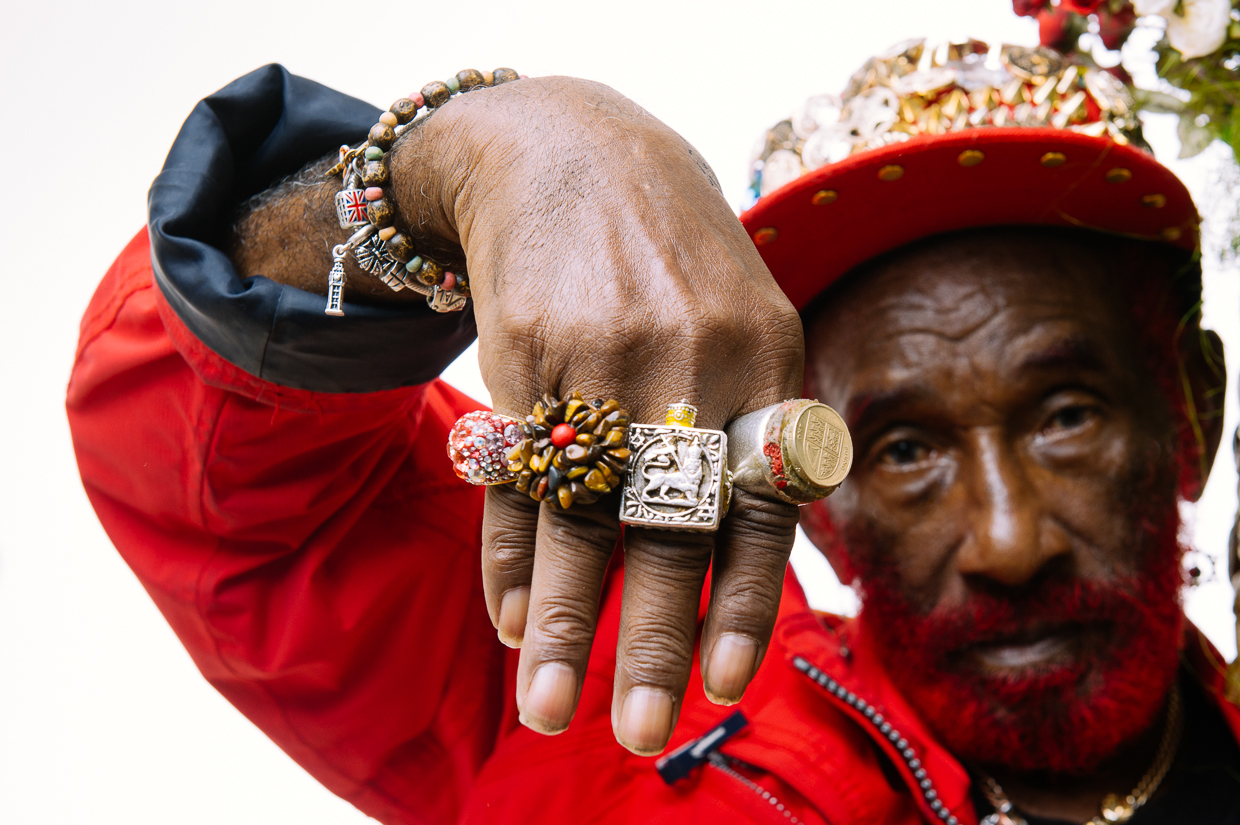Reggae holds its own in musical history as one of the most influential genres. One might call it a movement, given the social and political impact it had in its native Jamaica in the late 1960s. It has also come to mean more than a movement, being synonymous with Rastafarianism. The Rastafarians used reggae to express themselves and proclaim their faith in a society that denigrated and suppressed them, gaining traction and strength from reggae’s rhythms. Although no longer as present in today’s music scene as it was in its heyday, reggae is just as outspoken and loud, proclaiming the woes of anyone who needs standing up for. It has come to be an umbrella, sheltering those that need sheltering and speaking up for those that cannot do so themselves.
I’ve always had very strong connections to reggae. My dad is one of those very unsuspecting reggae fans: bald, gangly, white. His knowledge, however, is extensive and intimidating. I was bouncing along in the back of the car in nappies to rock steady beats before any other kind of music entered my young ears. Even now if I’m out and about, I can instantly recognise the vast majority of reggae songs that are played because they have been so subconsciously ingrained in me from such a young age.
As a middle-class white woman, I hold my place as a reggae fan with a sizeable pinch of salt. I strongly believe that no genre of music is exclusionary: we should all be able to share and appreciate culture in order to enhance a stronger cultural understanding in this world to promote just a bit more tolerance. That said, I am wholeheartedly aware of the gap between my background and that of the genre as a whole. Firstly, because I’m not religious, I admire the Rastafarian roots of the genre but can never come close to understanding the intense spiritual significance it holds. Furthermore, I can only imagine the cultural context of the roots of reggae: slums, extreme poverty, gang violence, political unrest, trigger-happy dons.
I had the opportunity to see two certified reggae legends in two days: Lee Scratch Perry at the Brudenell, and The Wailers at the O2 Academy the day after. In the aftermath of this overload of legends, the two experiences differed dramatically.
Lee Scratch Perry produced the majority of reggae singles and albums that came out of Jamaica in the late 1960s and 70s, before deciding to fuck it all off and move to Switzerland. He’s one of the most influential figures in the genre, and one of the freakiest. I wasn’t quite sure what to expect going into it. Whatever I could’ve thought about it, nothing came close to what it actually was. The man is 81 but still alive and kicking, proved by him repeatedly sparking up a spliff onstage. But none of it really made sense. One song was just him singing “happy birthday” over what I think was supposed to be Max Romeo’s ‘Chase The Devil’. But the crowd supported him throughout the length of his set, skanking furiously and even getting up onstage to wine with him.
The Wailers’ gig the next night was, again, not like any other gig I’ve been to. The lights were half-raised at all times to encourage the audience to sing the words back to the stage. Halfway through ‘Three Little Birds’, guitarist Junior Marvin stopped the song to rile the crowd into singing even louder. During ‘Jamming’, the stalls area was one big dancefloor. There were smiles on everyone’s faces as the band segued from ‘Get Up, Stand Up’ straight into ‘Exodus’ as the end of their encore. For the first time, seeing these songs live made me fully realise their energy and power, joy spreading infectiously through Josh David Barrett’s dreadlock-whipping crazed dancing.
Although very different in their ways of showing it, what these two performances highlighted to me was that reggae might have fallen out of the charts, but it most certainly isn’t dead. With Lee Scratch Perry’s mutable songs and The Wailers’ impassioned performances of Bob Marley classics, they showed that reggae is still relevant today, changing with the times, and yet still tapping into an original feeling within those that know and love it. Reggae and its originators are very much alive and rearing to go, imbibing their crowds with that same sense of inclusion and protest that spurned its creation in the first instance. Reggae didn’t die with Bob Marley; its legacy continues to be relevant and important today just as it was in his lifetime.
Jemima Skala
(Image: Konbini)

